2023 Annual Academic Convention-Speakers
Main Forum
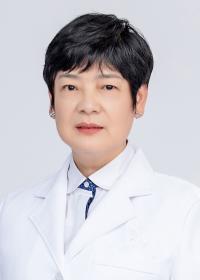
Prof. HUANG He-Feng
Member of Chinese Academy of Science
Dr. Huang He-Feng is a reproductive medicine specialist, Academician of CNAS, a Fellow Honoris Causa of the Royal College of Obstetricians and Gynecologists of UK, Academician of the Academy of Sciences for Developing World, and a member of the Chinese Academy of Medical Sciences.
She holds the titles of Chief Physician, Professor, and PhD Supervisor in Obstetrics and Gynecology. Currently, she serves as the Dean of the School of Medicine, the Dean of the International School of Medicine, and the Honorary Dean of the Women's Hospital, School of Medicine, Zhejiang University, and the Director of the Key Laboratory in Reproductive Genetics of the Ministry of Education.
She is the first in the world to propose the hypothesis of "gamete origin of diseases" and has conducted groundbreaking research on the intergenerational and transgenerational genetic and epigenetic mechanisms of paternal/maternal originated diseases. She has established international cooperative health life trajectory cohorts for multicenter cluster randomized interventions in childhood obesity spanning pre-pregnancy, pregnancy, infancy, and birth cohorts for assisted reproductive technologies.
By integrating innovations in reproductive and genetic technologies with clinical translations, she aims to reduce the risk of chronic diseases from the very beginning of life and prevent the transmission of genetic birth defects.
She has made numerous achievements, including the National Award for the Advancement of Science and Technology that she received in 2010 and 2021, respectively, the highest honor bestowed upon researchers and scientists in China.
She has published more than 350 papers and trained more than 200 postgraduate students.
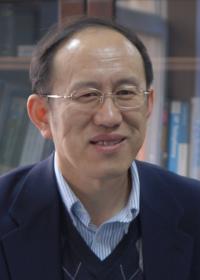
Prof. GUAN Xiaohong
Member of Chinese Academy of Science
Prof. GUAN Xiaohong, the member of Chinese Academy of Science and the Fellow of IEEE, received his B.S. and M.S. degrees from Tsinghua University, Beijing, China, in 1982 and 1985, respectively, and his Ph.D. degree from the University of Connecticut in 1993. He was a senior consulting engineer with Pacific Gas and Electric from 1993 to 1995. He visited the Division of Engineering and Applied Science, Harvard University from 1999 to 2000. From 1985 to 1988 and since 1995 he has been with Xian Jiaotong University, Xian, China, and has been the Cheung Kong Professor of Systems Engineering since 1999, and Dean of Faculty of Electronic and Information Engineering since 2008. From 2001 he has also been with the Center for Intelligent and Networked Systems, Tsinghua University, Beijing, China, and severed the Head of Department of Automation, Tsinghua University, 2003-2008. Professor Guan is also with Department of Music AI and Information Science, Central Conservatory of Music.
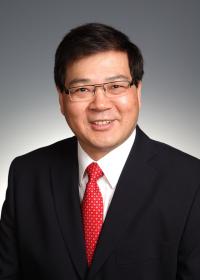
Dr. XU Xinzhong
Professor of Finance at Guanghua School of Management, Peking University
Dr. XU Xinzhong is a Professor of Finance at Guanghua School of Management, Peking University. Prior to joining Guanghua in 2002, he had held various positions in the UK as Chair Professor of Finance at Lancaster University Management School, Senior Lecturer at Manchester Business School and Economist at Bank of England. Professor Xu has led a number of major research projects funded by National Science Foundation of China. He has published in leading international and national academic journals such as the Journal of Financial Economics, Journal of Financial and Quantitative Analysis, Review of Economics and Statistics, Economic Research Journal (《经济研究》) and Management World (《管理世界》).
ZJU-UoE Forum(BioMed-X)
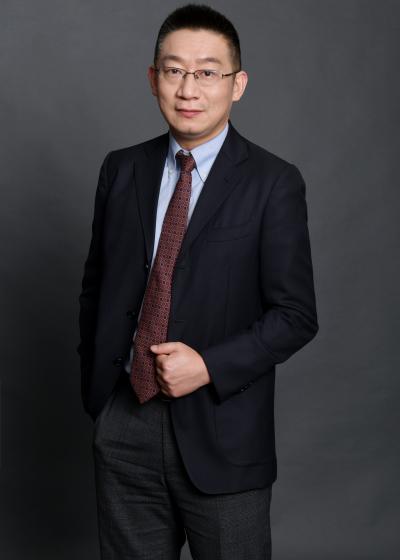

James Whelan has secured more than $AUD 100 million in competitive research grant funding, published more than 270 journal articles with a h-index of 95. In 2016 and 2022 he was named as a Thompson Reuters Highly Cited Author. He was listed by the American Society of Plant Biology as one of the top 50 cited authors in the world in Plant Biology (2009、2015) . He was recently awarded Kun Peng Fellowship from the Zhejiang government and Yangtze fellowship from the central government (2022).
James Whelan has secured more than $AUD 100 million in competitive research grant funding, published more than 270 journal articles with a h-index of 95. In 2016 and 2022 he was named as a Thompson Reuters Highly Cited Author. He was listed by the American Society of Plant Biology as one of the top 50 cited authors in the world in Plant Biology (2009、2015) . He was recently awarded Kun Peng Fellowship from the Zhejiang government and Yangtze fellowship from the central government (2022).
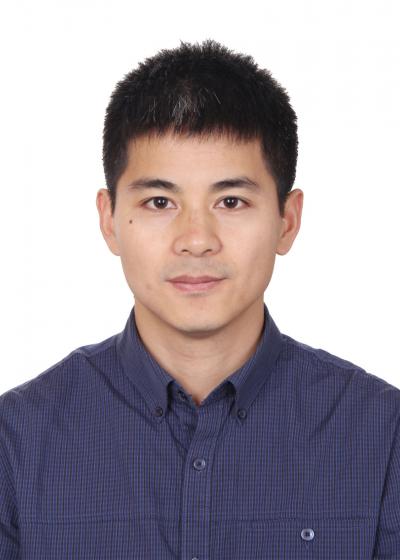
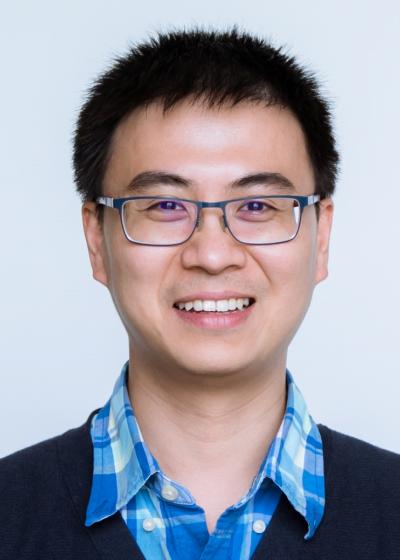
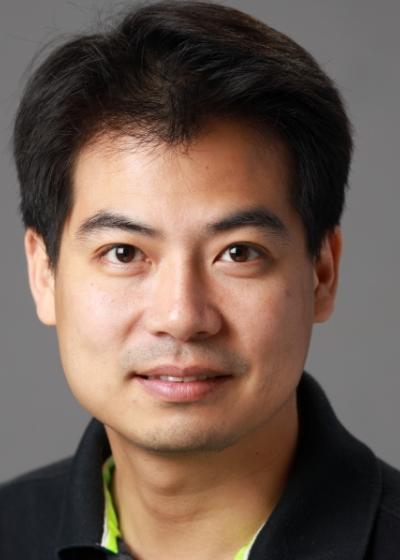

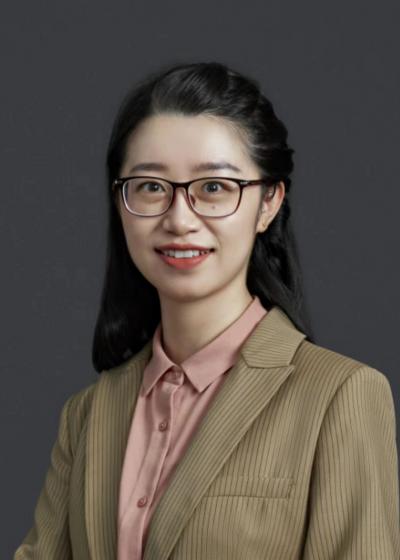

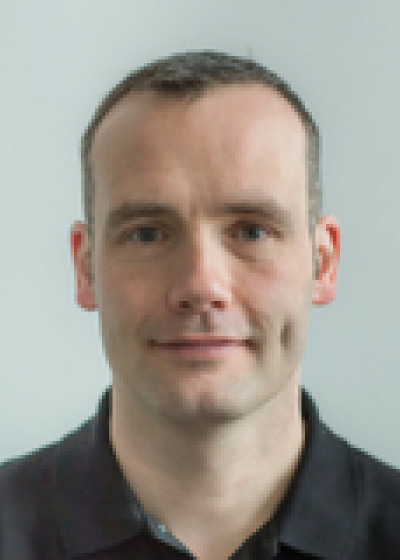
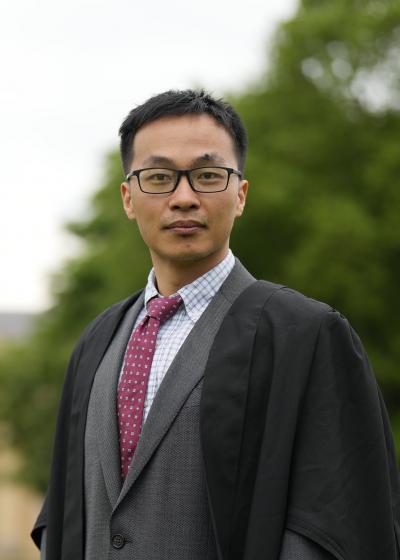


His early research explored the transcriptional control of normal blood stem cells and more recently the mechanisms by which such stem cells are subverted to cause haematological malignancies, using the myeloproliferative neoplasms as a tractable model. In work which spans basic, translational and clinical research he identified key causal mutations, described their biological consequences, led practice-changing clinical studies and discovered basic mechanisms of broad relevance for both cancer biology and cytokine signalling.
Tony has held multiple academic, clinical and educational leadership roles, both nationally and internationally, has been appointed to visiting professorships at several universities, was elected Fellow of the Academy of Medical Sciences (2001) and President of the European Haematology Association (2015-2017). Recent awards include the Jean Bernard Award by the European Haematology Association (2020) and the Donald Metcalf award by the International Society for Experimental Hematology (2021).
His early research explored the transcriptional control of normal blood stem cells and more recently the mechanisms by which such stem cells are subverted to cause haematological malignancies, using the myeloproliferative neoplasms as a tractable model. In work which spans basic, translational and clinical research he identified key causal mutations, described their biological consequences, led practice-changing clinical studies and discovered basic mechanisms of broad relevance for both cancer biology and cytokine signalling.
Tony has held multiple academic, clinical and educational leadership roles, both nationally and internationally, has been appointed to visiting professorships at several universities, was elected Fellow of the Academy of Medical Sciences (2001) and President of the European Haematology Association (2015-2017). Recent awards include the Jean Bernard Award by the European Haematology Association (2020) and the Donald Metcalf award by the International Society for Experimental Hematology (2021).

ZJU-UIUC Forum (Engineering+)

ZIBS Forum
Emerging optoelectronic and energy devices
Musculoskeletal System
Smart City Forum
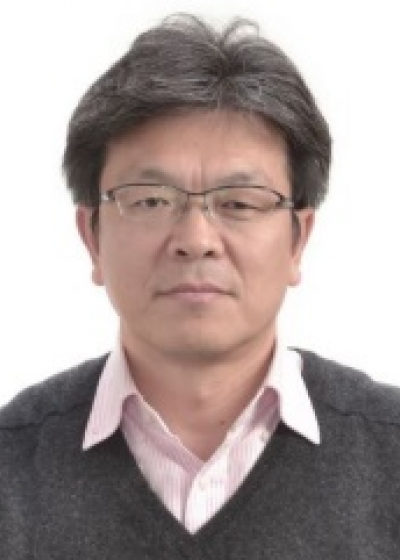
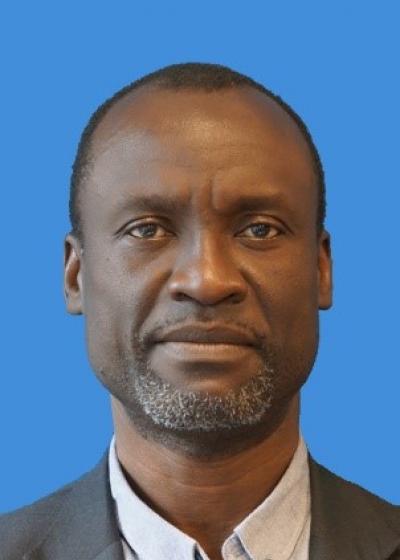
Prof. Ochieng has undertaken award-winning research in critical infrastructure resilience, user-centric mobility and positioning, navigation and timing (PNT) systems. Examples of his works include the design of positioning and navigation systems (including Europe's EGNOS and GALILEO systems) for land, sea, air and space applications; Air Traffic Management (ATM) and Intelligent Transport Systems (ITS). In 2013, In 2019, he received the Harold Spencer-Jones Gold Medal (the highest award from the RIN) in recognition of his ‘extensive valued advice to policy makers and for pioneering research in safety-critical navigation and positioning systems’.
Prof. Ochieng has undertaken award-winning research in critical infrastructure resilience, user-centric mobility and positioning, navigation and timing (PNT) systems. Examples of his works include the design of positioning and navigation systems (including Europe's EGNOS and GALILEO systems) for land, sea, air and space applications; Air Traffic Management (ATM) and Intelligent Transport Systems (ITS). In 2013, In 2019, he received the Harold Spencer-Jones Gold Medal (the highest award from the RIN) in recognition of his ‘extensive valued advice to policy makers and for pioneering research in safety-critical navigation and positioning systems’.
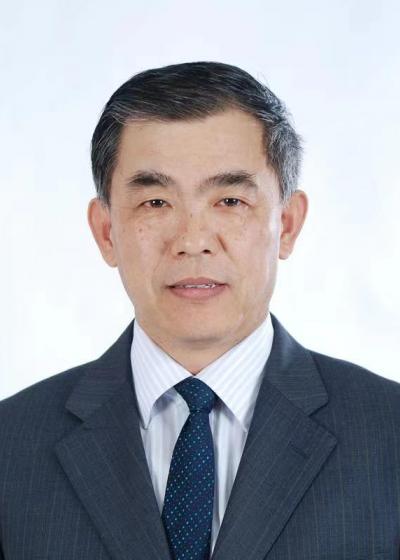
Dr. CHEN Gan engaged in vehicle development and research for more than 30 years, focusing on vehicle dynamics, structural dynamics and simulation analysis. In the past 10 years, the main work is the research on the development of automotive technology strategy. He participated in and presided over the formulation of the 12th, 13th and 14th Five Year Technology Development Plans of Dongfeng Motor Corporation's Technology Center, and participated in the preparation of two automobile new technology R&D enterprises that have a significant impact on the entire automobile industry: China Intelligent and Connected Vehicles (Beijing) Research Institute Co.,Ltd. and China Automative Innovation Corporation.
Expert of the Evaluation Committee of Science and Technology Award Working Committee of China Society of Automotive Engineers; Vice Chairman of NVH Branch of China Society of Automotive Engineers, Vice Chairman of Technical Committee of Chassis Branch; Vice Chairman of National Technical Committee of Auto Standardization (Vehicle Dynamics); Member of Hubei Provincial Expert Advisory Committee on the Construction of a Strong Manufacturing Province; National Distinguished Expert, Hubei Provincial Distinguished Expert; An expert of "Special Government Allowance of the State Council."
Dr. CHEN Gan engaged in vehicle development and research for more than 30 years, focusing on vehicle dynamics, structural dynamics and simulation analysis. In the past 10 years, the main work is the research on the development of automotive technology strategy. He participated in and presided over the formulation of the 12th, 13th and 14th Five Year Technology Development Plans of Dongfeng Motor Corporation's Technology Center, and participated in the preparation of two automobile new technology R&D enterprises that have a significant impact on the entire automobile industry: China Intelligent and Connected Vehicles (Beijing) Research Institute Co.,Ltd. and China Automative Innovation Corporation.
Expert of the Evaluation Committee of Science and Technology Award Working Committee of China Society of Automotive Engineers; Vice Chairman of NVH Branch of China Society of Automotive Engineers, Vice Chairman of Technical Committee of Chassis Branch; Vice Chairman of National Technical Committee of Auto Standardization (Vehicle Dynamics); Member of Hubei Provincial Expert Advisory Committee on the Construction of a Strong Manufacturing Province; National Distinguished Expert, Hubei Provincial Distinguished Expert; An expert of "Special Government Allowance of the State Council."
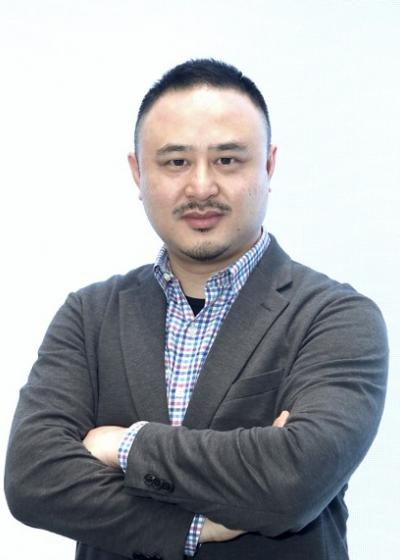
Information Electronics
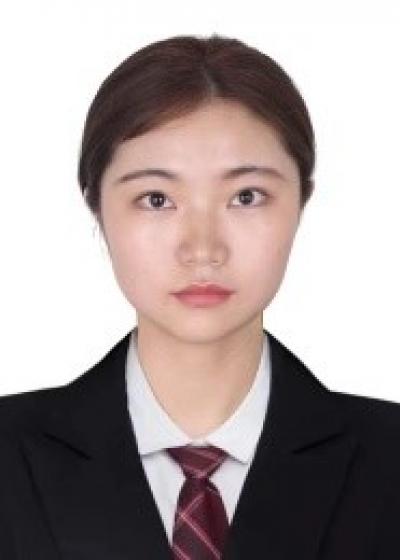
Postdoc, Zhejiang University
Postdoc, Zhejiang University
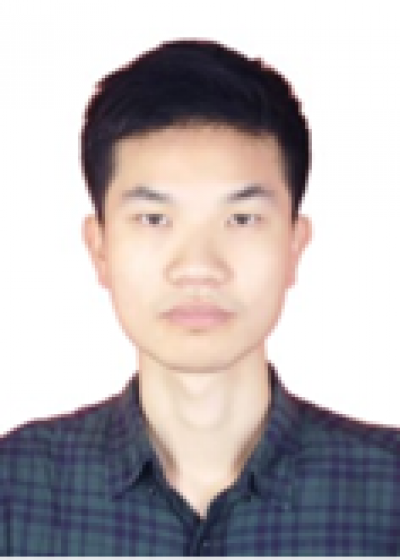
Postdoc, Zhejiang University
Postdoc, Zhejiang University
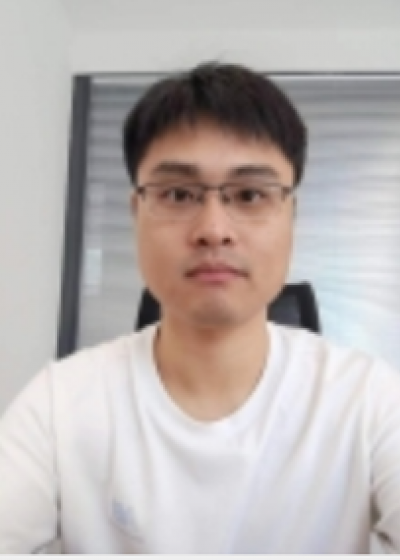
Postdoc, Zhejiang University
Postdoc, Zhejiang University
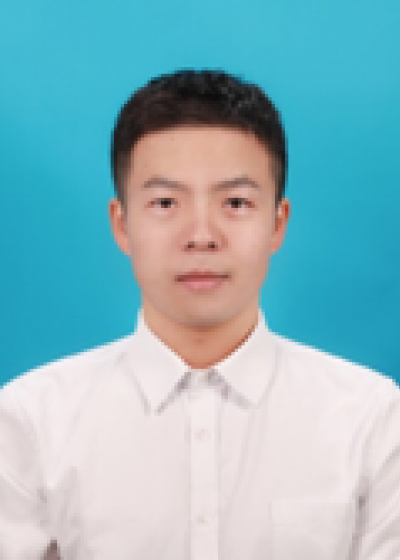
PhD Candidate
PhD Candidate
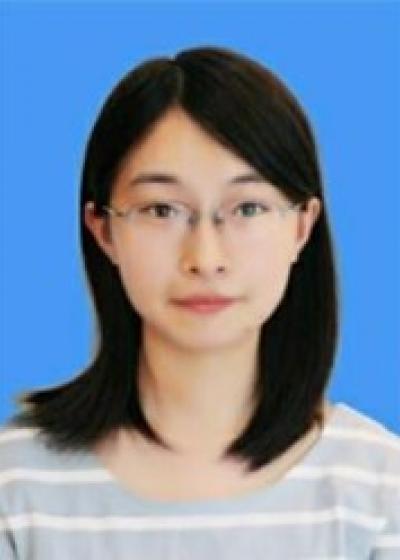
PhD Candidate
PhD Candidate

